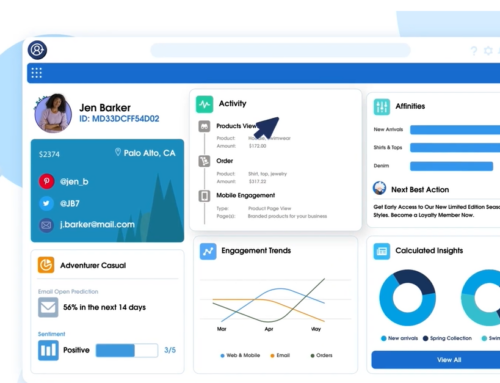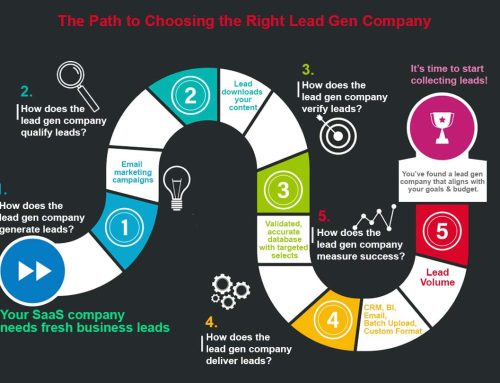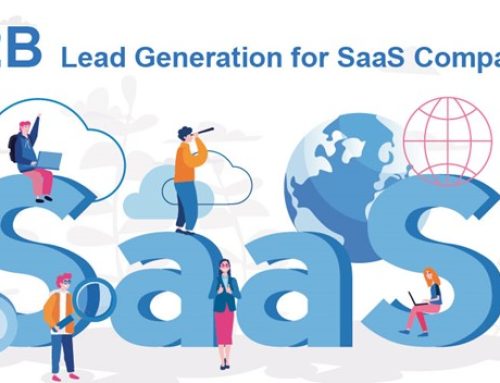Data science underlies so many aspects of modern marketing that it’s hard to overestimate its impact. From the basics of list hygiene to your most sophisticated content-rich lead nurturing strategy, information management is crucial to your marketing success. It isn’t enough to amass data; you also need to make it accessible and actionable. A marketing automation system takes the effort out of making big data useful, but software alone is only part of the story. You also need to know how to use it – or hire experts to do it for you.
Here’s how a top-flight marketing team turns raw data into real knowledge in four steps.
Raise Your Standards
What makes a library different from a heap of books is organization, and organization must follow a unified standard. The initial leap from siloed systems to a single marketing automation system can be challenging, especially if your current software operates on different platforms or with different formats. Even within a single system, it’s possible to introduce discrepancies in data recording and gathering unless your marketing automation company knows what it’s doing. When subscription forms, email preference pages, and order forms all follow the same format, customers find it easier to interact with you too.
Cleaning House
What’s the current status of your data? Until you know where you stand, you can’t forge ahead with a more effective lead gen or lead nurturing program. Any data management starts with a liberal application of the “GIGO” principle, or “garbage in, garbage out.” In other words, your marketing automation system is only as good as the data you feed it, so cleaning your data is an essential first step to improving its performance. By eliminating invalid addresses, merging and purging records, and de-duping lists, your data management team ensures high deliverability and clean information on which to build the rest of your marketing efforts.
Fill in the Blanks
It takes knowledge to gain knowledge, and data appending is a perfect example of this principle. Once you know a few key pieces of information about your prospects, big data helps you paint in the rest of the details. Data append services that turn a name and address into a detailed portrait of your customer let your marketing team create highly personalized and persuasive campaigns that reach the most receptive audience.
Know the Score
Until you’re able to map where all your prospects are in their buying journey, you don’t know which content they want to see. Lead scoring uses big data applications to gauge interest and assign a sales-readiness ranking to each prospect. By knowing where they are in the sales funnel, your marketing automation system knows which steering currents move purchasing decisions, then gets the right information to the right leads at the right time.
© Reach Marketing LLC 2015 All Rights Reserved.







